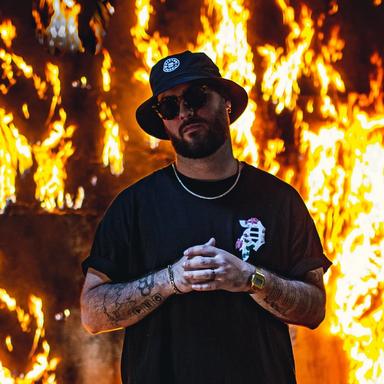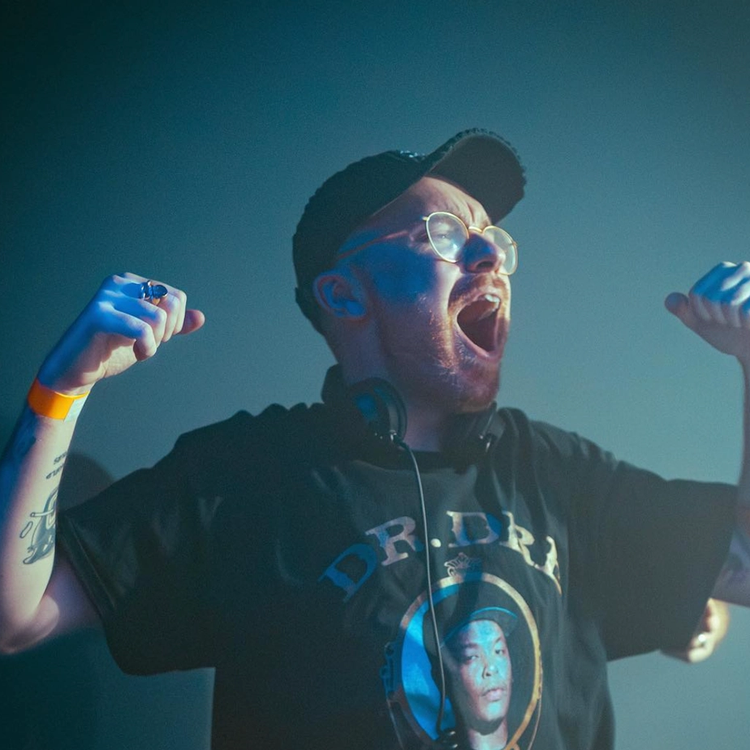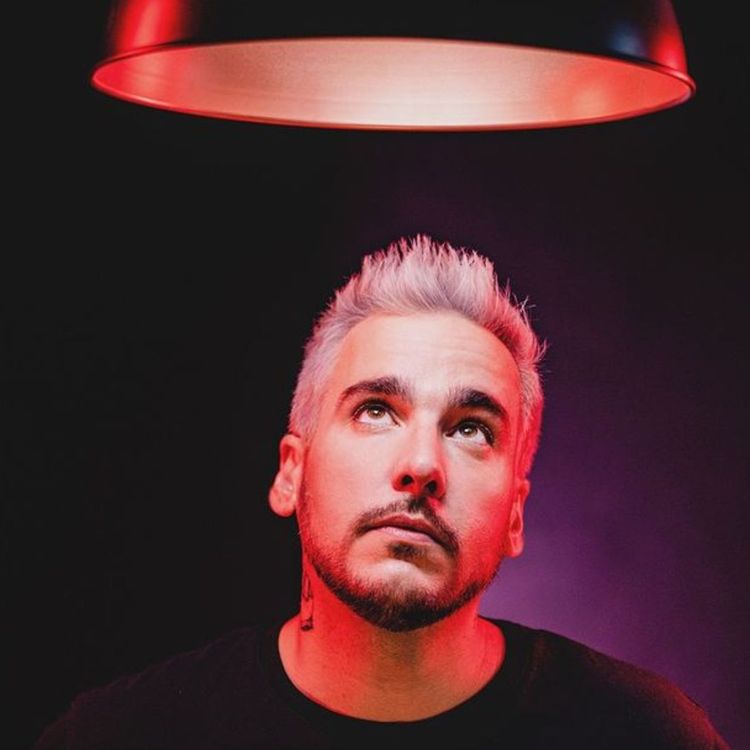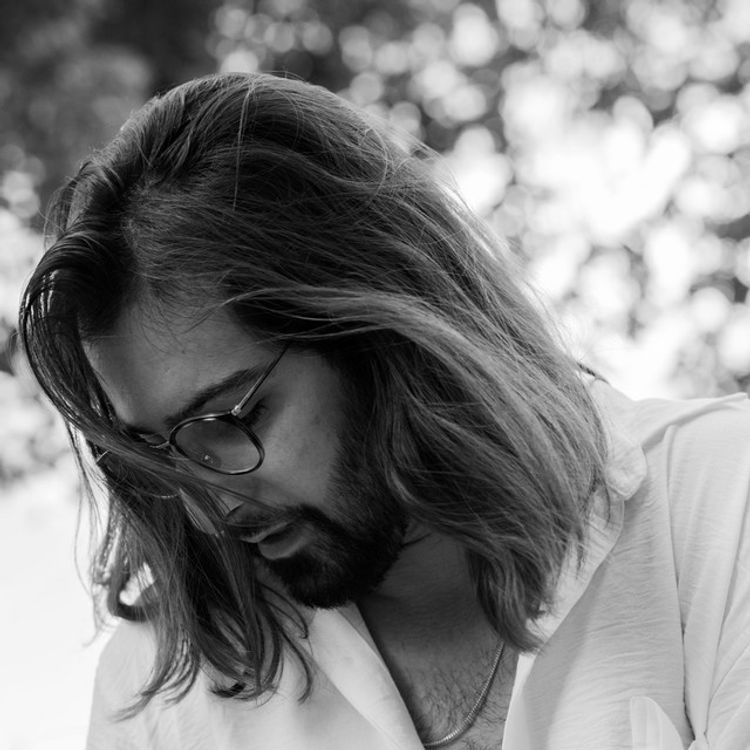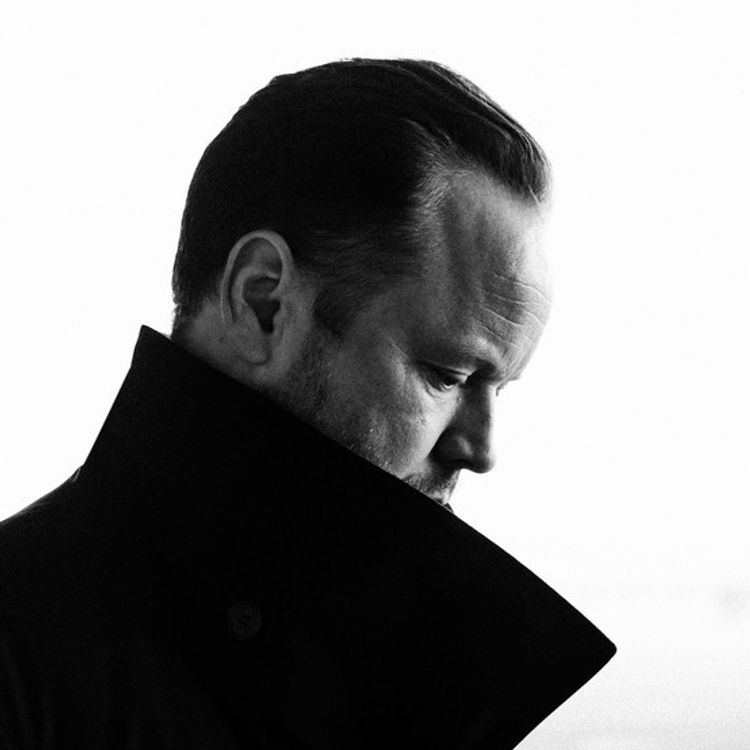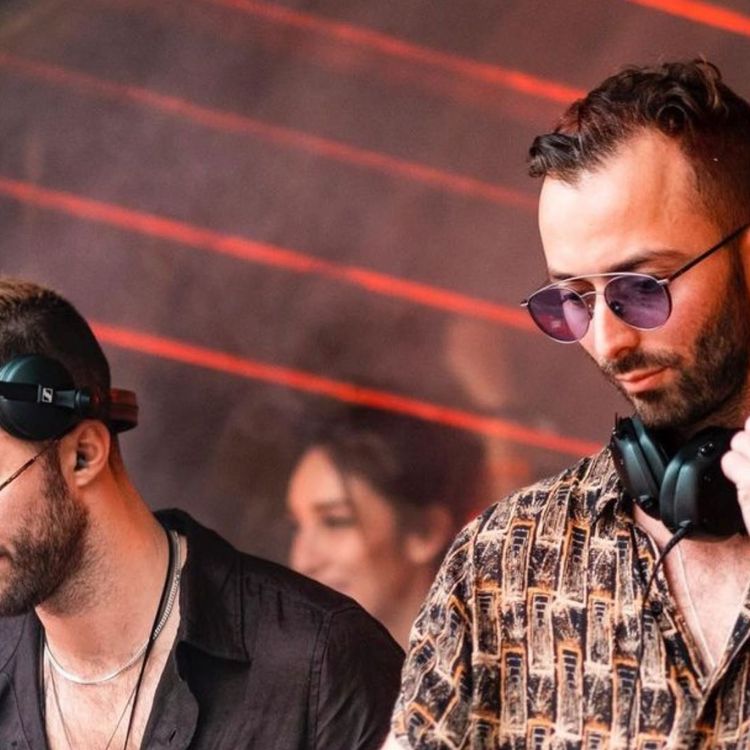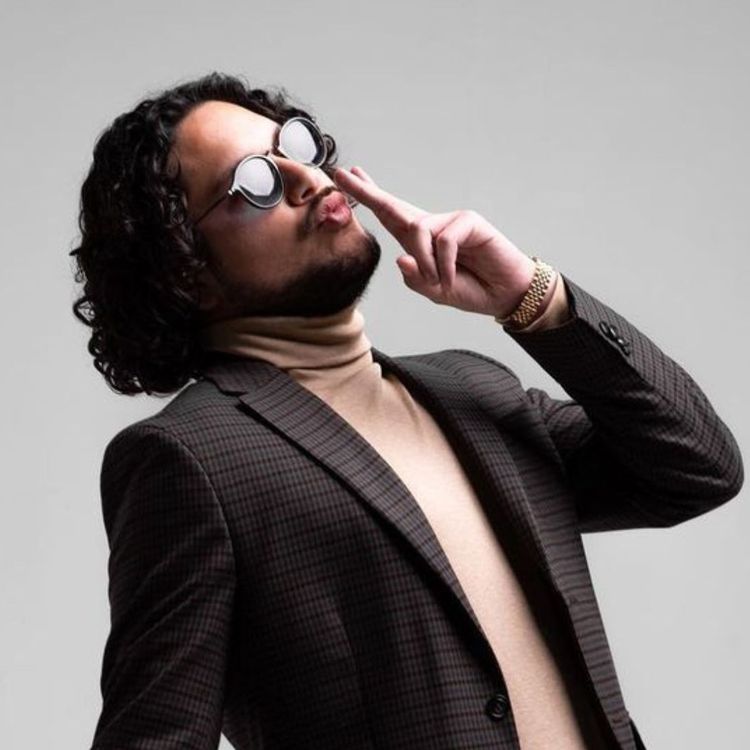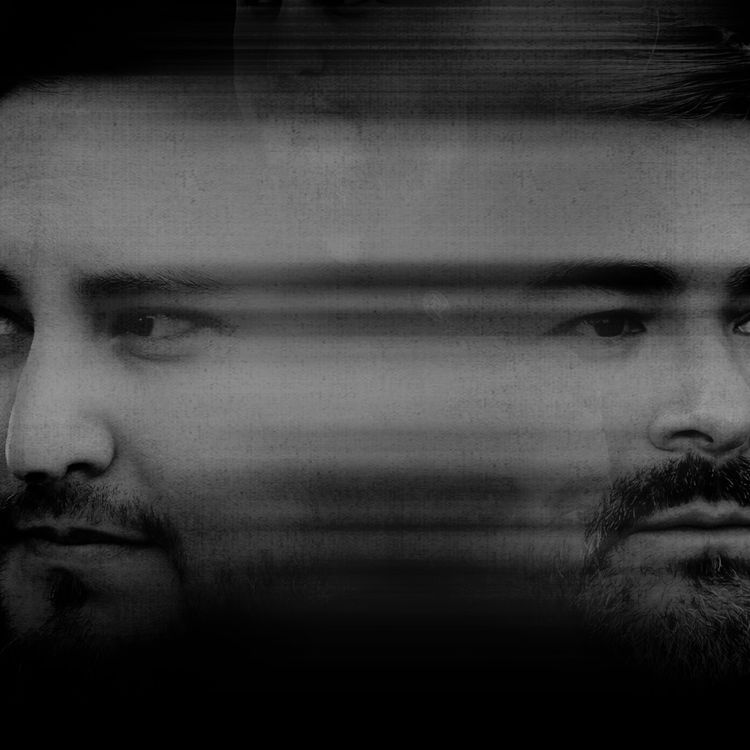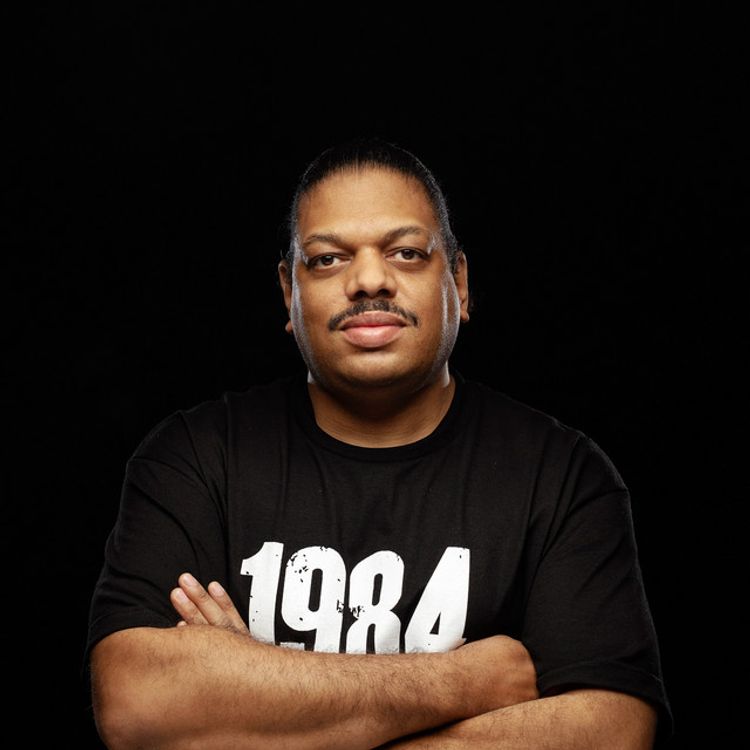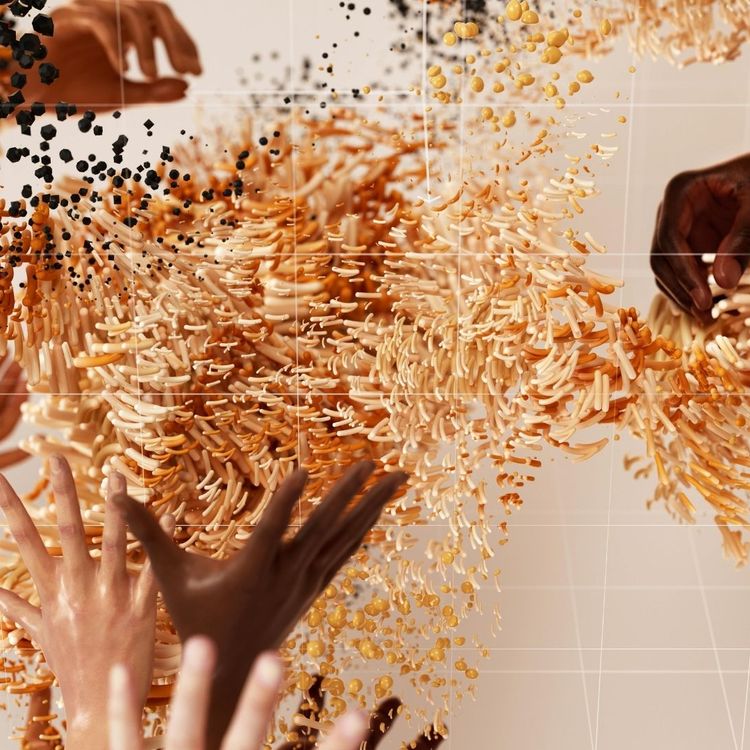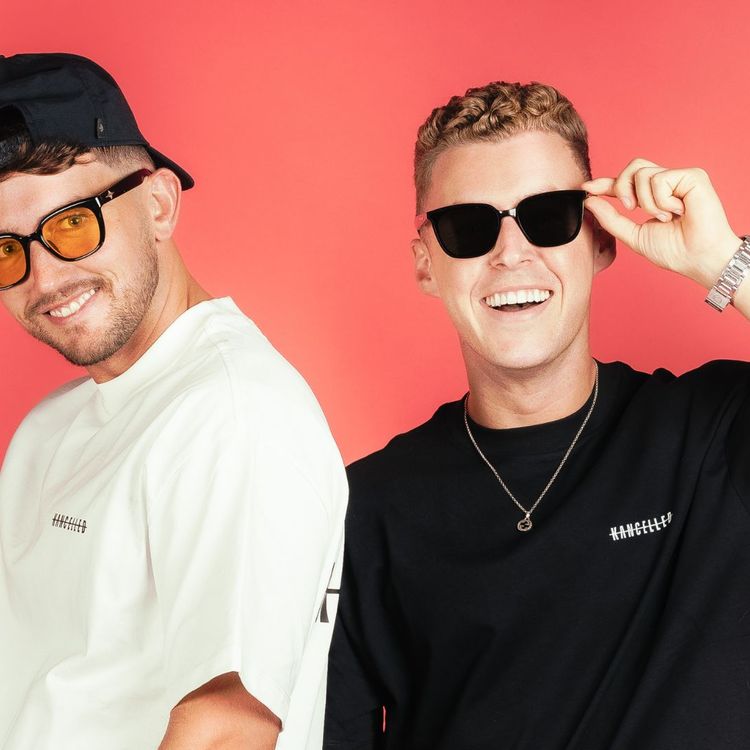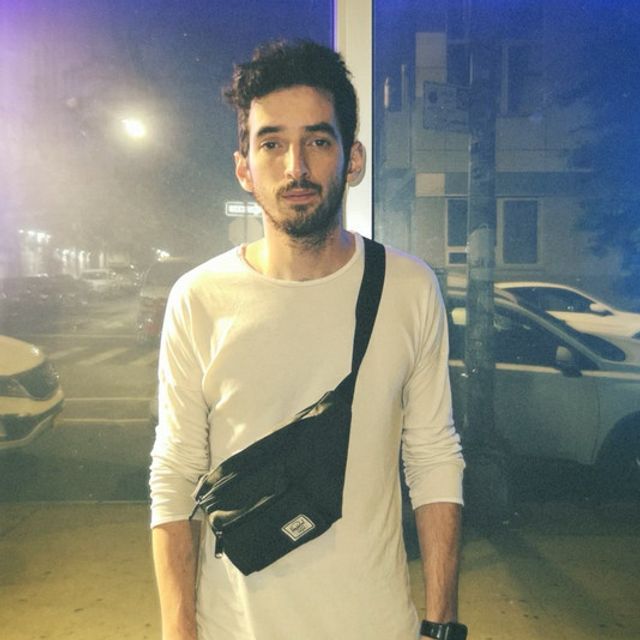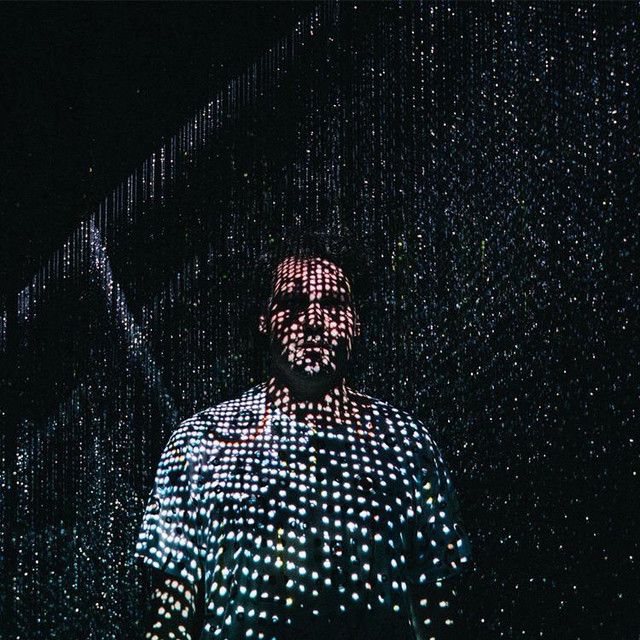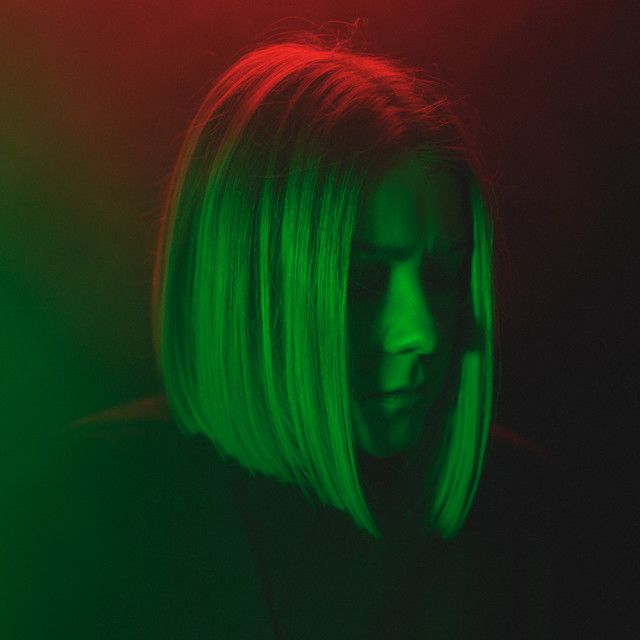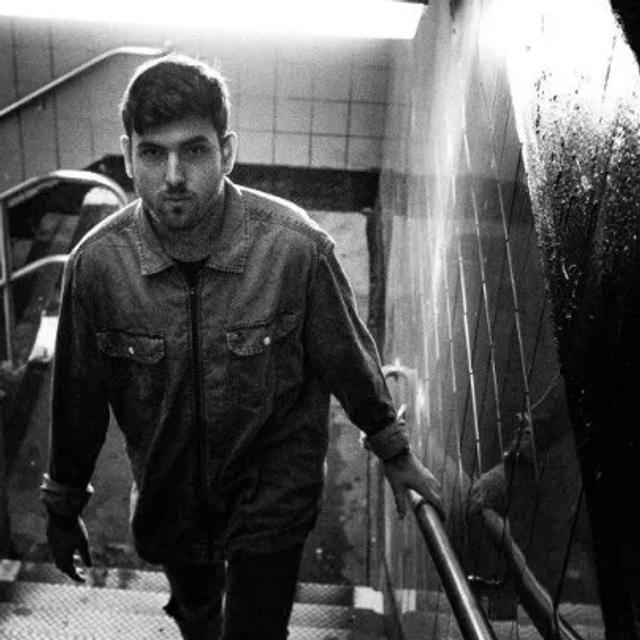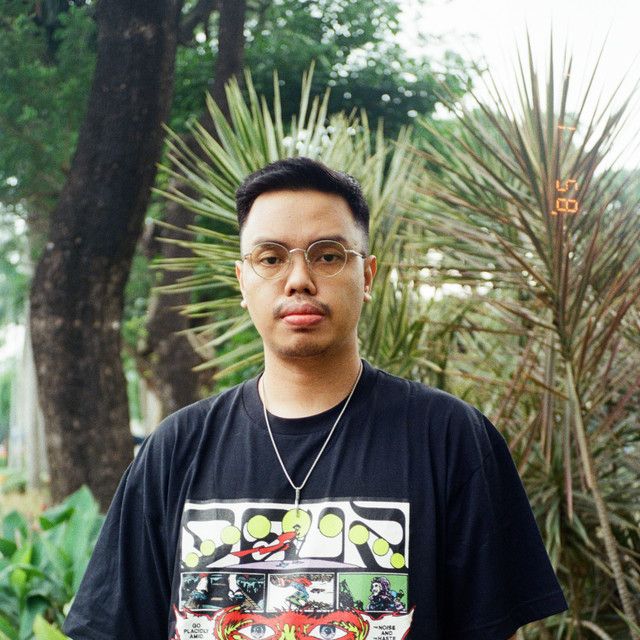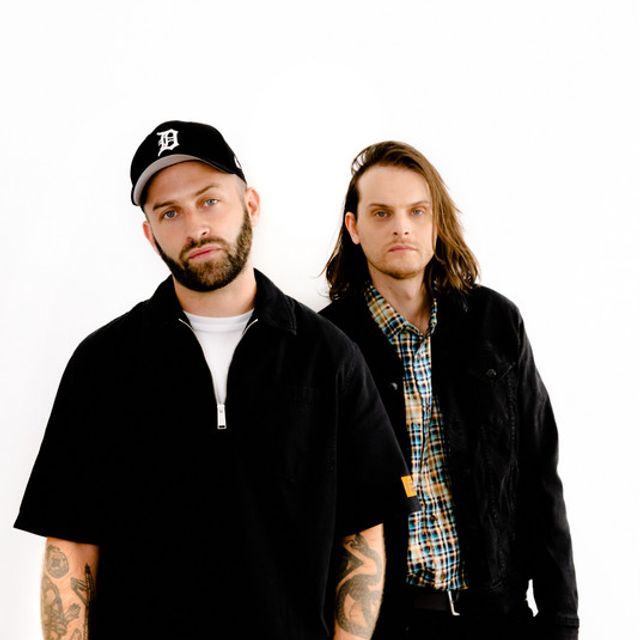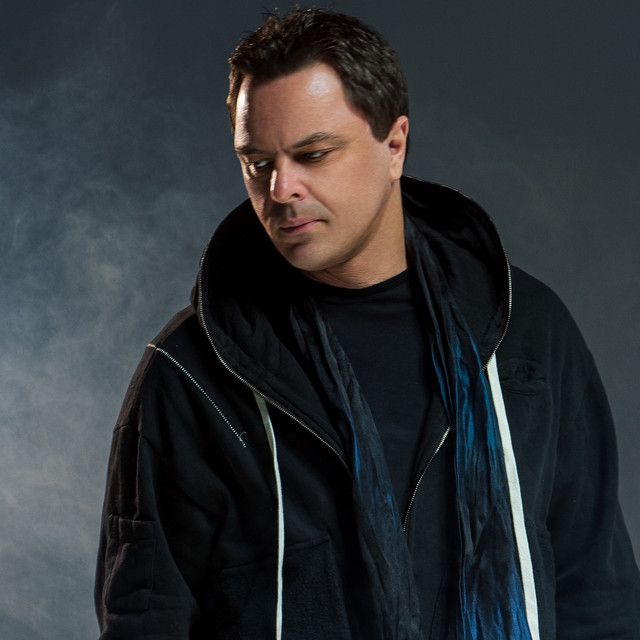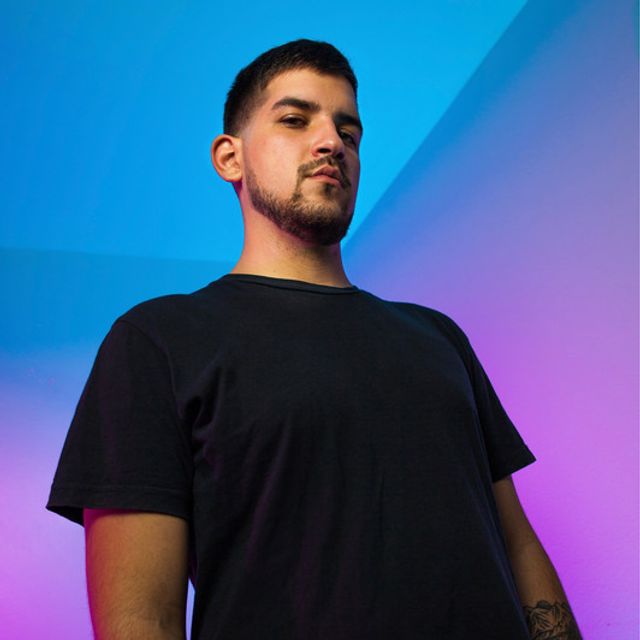Artist Spotlight
Tony Romera’s decade-plus in dance music is dotted by landmark achievements that prove the French artist’s nuanced and compelling approach to songwriting. Even on early releases like “Don’t You Know” in 2011, his combination of moving melodies and organic basslines make his music feel just as human as it is electronic.
His releases run the range of house music's most lauded labels from Armada, Insomniac, and Universal to Monstercat, Cr2, Confession, and his own Sans Merci. He's reached millions of dancers both in the underground and the mainstream. His diverse catalog should be proof enough of how he unites house music fans from all corners of the global dance community. Yet when you look at the list of DJs that have supported him on the mainstages of festivals and darkest of clubs, it becomes even more evident why Romera is so distinctive. The diverse set of DJs that drop Tony Romera tunes in their sets includes Roger Sanchez, Armin van Buuren, Chromeo, Alison Wonderland, and Dombresky. The only tie that binds his fans is that they are all fans of great music, and Romera’s blend of the French house aesthetic, grimy basslines and grooving hooks seems to be genre-fluid.
Despite the uncertainty of the pandemic, he used his time away from gigs to embark on his most ambitious project to date. His debut album Introspection on Monstercat is a journey of inspiration for Romera. A genre-blurring album of 16 tracks that drifts effortlessly between heavy electro house, D&B, languid piano interludes, hip hop, and disco-tinged French touch. The album is a look inward at everything that makes Romera the artist he is. It’s a love letter to dance music and an homage to the family, friends, country, and global dance movement he holds so dear.
I know your family is very important to you. How did they have a part in your musical influence when you were a child? What did you hear at home when you were young?
They’re truly important to me. They’ve been so supportive for many years, even at the beginning when it was a bit hard (haha). My parents were listening to a lot of different music. So, that’s probably why I’m really open to any genre. They played a lot of dance music in the 90s and also some disco and funk. I think that’s why I fell in love with French touch, because it’s just disco and funk samples flipped.
You started your musical journey with a guitar. What drew you to playing music initially?
initially? I started making music when I lost my uncle. I was 14 and probably wanted to let the music speak as it was hard for me to express myself with words. Then I was searching for a way to add different instruments into my computer. I started recording my guitar, then my flute, as it was the only instrument we were learning at school. I was also playing djembe and trying to sing. That’s when I started trying to figure out how I could make a full song alone. A few years later, I discovered production programs like FL Studio and then Logic, and I spent many sleepless years just working on music and then sleeping at school, hah!
How does the guitar still come into your music?
I played some guitar on my new album, “Introspection.” That was fun to get back to my roots. I love to add some funky vibes with it.
When did you fall in love with dance music?
I remember a friend of mine showing me his big brother’s Daft Punk albums. I was around eight or nine years old, and I immediately fell in love with this music. Since then, I’ve been a fan of them, and more broadly the french touch genre and electronic music.
At what point did you realize that music was going to be a career and not just a hobby?
In 2012 I started releasing remixes for big artists and releasing on some cool labels. My music was being played by a lot of artists at festivals like Tomorrowland, Mysteryland, etc., and all of a sudden I started receiving show offers—it all happened so fast! I had a bit of a calm period where I was a bit lost and didn’t really know what to do next because things had moved so quickly. I needed to recalibrate. That’s when I started making music I really loved, and since then, I’ve been true to myself.
What inspired you to start SANS MERCI?
I wanted to release my tracks and music from my friends more easily. Also, I wanted to create a family with a good vibe and confidence in each other. We have a great community, and some of them are now friends because they met at our parties. That’s awesome to me.
Your album, Introspection is quite diverse. Some artists feel like they have to stick to a certain sound all the time. What gives you the courage to experiment so much?
I’m bored easily if I’m stuck in only one genre, so I really love to make different genres every day. I listen to all kinds of music, and every time it gives me inspiration and ideas for tracks. It’s also really important on the technical side to know how to make other genres, that way it’s easier to mix them trying to make something new.
Your use of samples is incredible. How do you find such compelling and interesting content to work with?
It’s a lot of work, a lot of time to check everywhere, to cut and experiment, but that’s probably one of my favorite parts about production. You never know where you go, and sometimes magic happens.
You have an impressive collection of synths. When did you start collecting them?
Thank you! I started in 2013. I wanted a Moog so I bought one but it collected dust for a while until I bought the MS20. My friend Habstrakt told me a lot of good things about it and since then, I’ve never stopped working with hardware and collecting new synths. I have a ton of dream synths, but I have to work more so I can afford them one day.
How did they all figure into your process? Which one is your favorite?
It really depends. Usually, I start tweaking the knobs at the same time as I try melodies/gimmicks. When I have a good idea, I start recording it and start making a track around it. Sometimes I’m working with plugins and then I search for a sound with more character, so I send the MIDI to the synths and try things.

How did you stay motivated to write during lockdown with no shows to play and no audience to test ideas on?
That was exactly why I’ve been more inspired than ever. I knew I was stuck at home for a while, so I wasn’t stressed about packing for the next flight, preparing for the next show, or making music and thinking about how the crowd would react. I was just making music for myself, and that’s how Introspection happened. It was a hard time because I was missing playing shows, traveling, everything my government did was pissing me off, and I had some personal problems to deal with, so being locked in the studio was my therapy.
Albums are rarer in dance music, especially with playlist culture being so big. What inspired you to take on such a large project and how did you approach telling a story?
I’ve always been a fan of the album format. My favorite albums ever are Daft Punk - Homework, Daft Punk - Discovery, Daft Punk - Human After All, Justice - Cross, Joris Voorn - Nobody Knows, Flume - Flume, Flume - Skin, French 79 - Olympic, Gesaffelstein - Aleph, and others. Listening to all these albums often made me think about doing mine. I love how you can tell a story, from the beginning to the end. And that was the best way to look introspectively and tell the story of my life to people.
What's exciting to you when you think about the future of dance music and club/festival culture?
I’m super excited to be back on stage after all this time at home. But what amazed me the most is that there are always new artists bringing something new to the table. It’s so interesting to see how the scene evolves every day.
